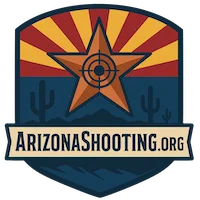The tests are really very easy these days as they've dumbed the test procedure down a ton since when I got licensed.
Back in Moses' day when I got licensed, you had study guides but they weren't very accurate with respect to what you'd be tested on so you had to know radio and electronic theory pretty thoroughly. A guy named Dick Bash, KL7IHP changed all that when he started interviewing guys who had just taken the tests and he would record the questions and put out a study guide that covered what was being tested at that time.
The code tests were the stumbling block for a lot of people. I'm a volunteer examiner for the ARRL, have been since the program first started and I've seen a guy who hopped on a plane in Tahiti, flew to the west coast, started learning the code when the plane took off and passed a 5 wpm test when he landed.
The 13 wpm test was harder, especially when these were administered by the FCC at one of their field offices and while most people eventually passed if they tried hard enough, quite a few didn't.
The 20 wpm test was where the rubber met the road. The FCC sent code that they deliberately had misspelled words and when you filled in the blank, you had to misspell the same words in order to pass. When I took it, 35 people sat for the test and 10 passed, which gives you a rough idea of the degree of difficulty. If you passed, you were then allowed to take the written test for Extra and that one was advanced radio theory and basic digital electronics. Around half of the people passed that one. I found it easy as I'm an Electronic Engineer and did the written in around 10 minutes. Most people found it difficult.
Anyway, study any of the current study guides and you'll pass with no problems. The guides give you the questions you'll see on the test with parameters changed a bit but that's all.



